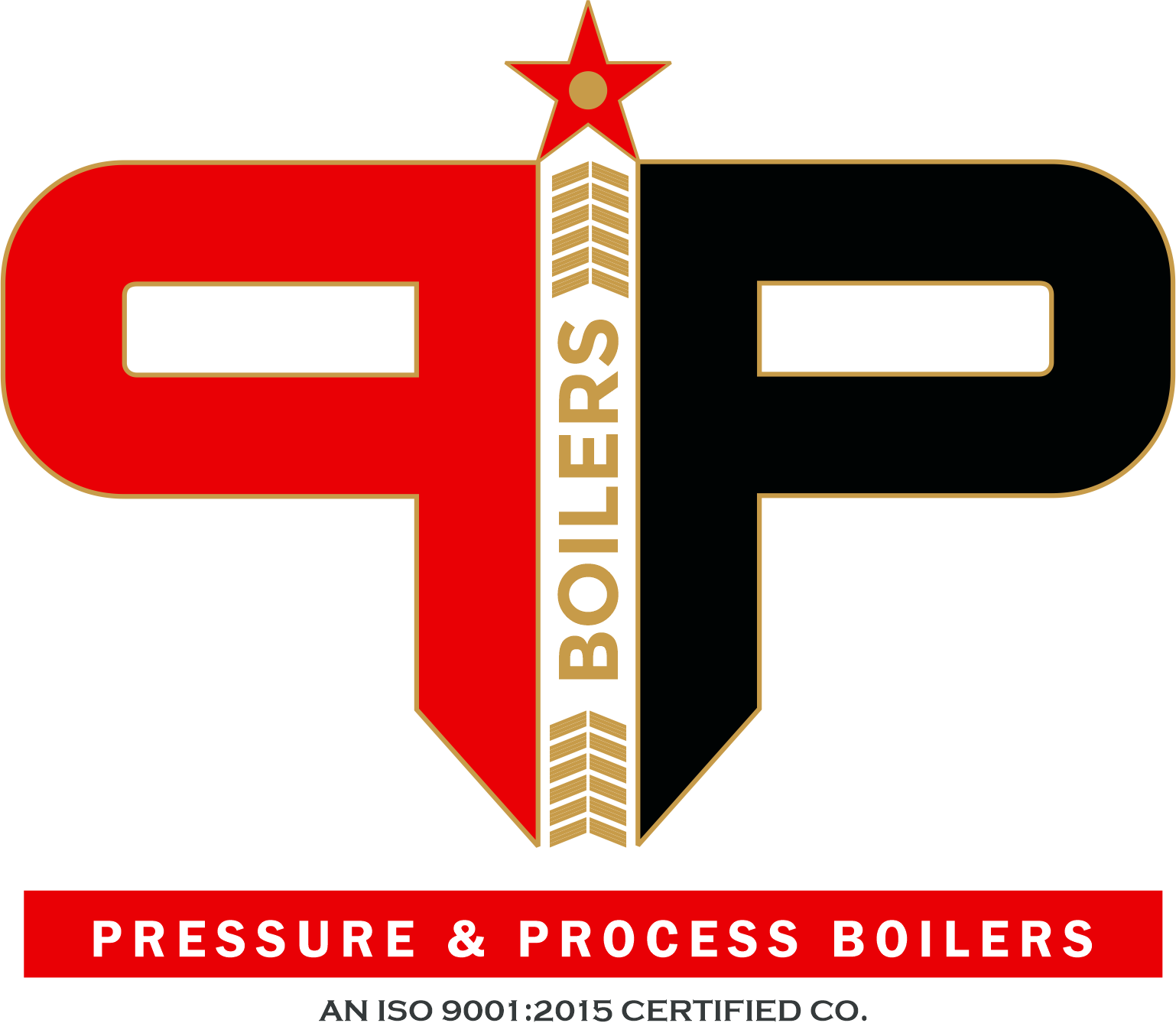Heat Exchanger
A Heat Exchanger is a device designed to transfer thermal energy between two or more fluids without mixing them. Widely used in industrial processes, it enhances energy efficiency by recovering waste heat, preheating fluids, or cooling systems. PP Boilers’ heat exchangers are engineered for durability and optimal performance.
Heat Transfer Area
10 m² to 500 m² (customizable)
Pressure Range
Up to 120 kg/cm² (IBR-compliant)
Temperature
-20°C to 540°C
Fluid Compatibility
Water, steam, thermal oils, gases
Details
PP Boilers manufactures robust heat exchangers tailored for applications in boilers, power plants, and industrial heating/cooling systems. These devices facilitate efficient heat transfer through conduction and convection, ensuring minimal energy loss. Key design aspects include:
A Heat Exchanger is a device designed to transfer heat between two or more fluids (liquids or gases) without mixing them. PP Boilers specializes in custom-engineered heat exchangers for industrial applications, enhancing energy efficiency and process optimization in thermal systems.
Key Points
- Application Versatility: Suitable for heating, cooling, condensation, and waste heat recovery
- Design Variety: Shell-and-tube, plate, air-cooled, and finned-tube configurations available
- Material Flexibility: Fabricated using stainless steel, carbon steel, titanium, or duplex steel
- System Integration: Seamlessly integrates with boilers, economizers, condensers, and pre-heaters
- Process Efficiency: Enhances thermal efficiency in power, chemical, food, and HVAC industries
- Thermal Performance: High heat transfer through conduction and convection mechanisms
- Customized Engineering: Built to match flow rates, pressure drops, and thermal gradients
- EPC Compatibility: Supports full integration into turnkey thermal systems
Salient Features
- Corrosion-Resistant Build: Durable construction for harsh operating environments
- Compact Layout: Space-saving modular design suitable for retrofits
- Energy Recovery Efficiency: Recovers 10–30% of waste heat to reduce fuel use
- Leak-Proof Construction: Precision welding ensures safety and reliability
- Maintenance Friendly: Easy dismantling and cleaning access for reduced downtime
- Regulatory Compliance: Meets IBR, ASME and ISO standards
- Global Standards Ready: Designed to conform with international specifications
- Automated Monitoring: Equipped with temperature and pressure sensors
- Cost-Effective: Offers quick ROI through operational cost savings
- Custom Coatings: Available with anti-corrosion treatments for critical fluids
Advantages
- Energy Savings: Recovers waste heat, reducing fuel consumption by 10–30%.
- Cost-Effective: Lowers operational costs through improved system efficiency.
- Durability: Robust construction for high-pressure/temperature applications.
- Process Optimization: Maintains precise temperature control for critical operations.
- Scalability: Modular designs for capacity expansion.
- Eco-Friendly: Reduces carbon footprint by minimizing energy waste.
- Quick ROI: Payback period as low as 6–18 months.
- Multi-Fluid Compatibility: Handles steam, water, oils, or aggressive chemicals.
- Reduced Downtime: Easy maintenance and corrosion-resistant materials.
- Compliance: Meets IBR, ASME, and industry safety standards.
- High Thermal Conductivity: Optimized surface area for maximum heat transfer.
- Leak-Proof Construction: Precision welding ensures reliability.
- Modular Assembly: Easy to dismantle and clean.
- Automated Monitoring: Sensors for temperature and pressure control.
- Custom Coatings: Anti-corrosion treatments for harsh environments.
Applications
- Power Plants: Condensers, feedwater heaters, and economizers.
- Chemical Industry: Reactor cooling, distillation, and solvent recovery.
- Oil & Gas: Crude oil heating, LNG cooling, and refinery processes.
- Food Processing: Pasteurization, sterilization, and CIP systems.
- HVAC Systems: Air conditioning and refrigeration.
- Pharmaceuticals: API synthesis and equipment temperature control.
- Sugar Mills: Juice heating and vapor condensation.
- Distilleries: Fermentation cooling and spent wash heat recovery.
- Steel Plants: Waste heat recovery from furnaces.
- Marine Engines: Lubricating oil cooling and freshwater generation.
Applications
- Power Plants: Condensers, feedwater heaters, and economizers.
- Chemical Industry: Reactor cooling, distillation, and solvent recovery.
- Oil & Gas: Crude oil heating, LNG cooling, and refinery processes.
- Food Processing: Pasteurization, sterilization, and CIP systems.
- HVAC Systems: Air conditioning and refrigeration.
- Pharmaceuticals: API synthesis and equipment temperature control.
- Sugar Mills: Juice heating and vapor condensation.
- Distilleries: Fermentation cooling and spent wash heat recovery.
- Steel Plants: Waste heat recovery from furnaces.
- Marine Engines: Lubricating oil cooling and freshwater generation.
